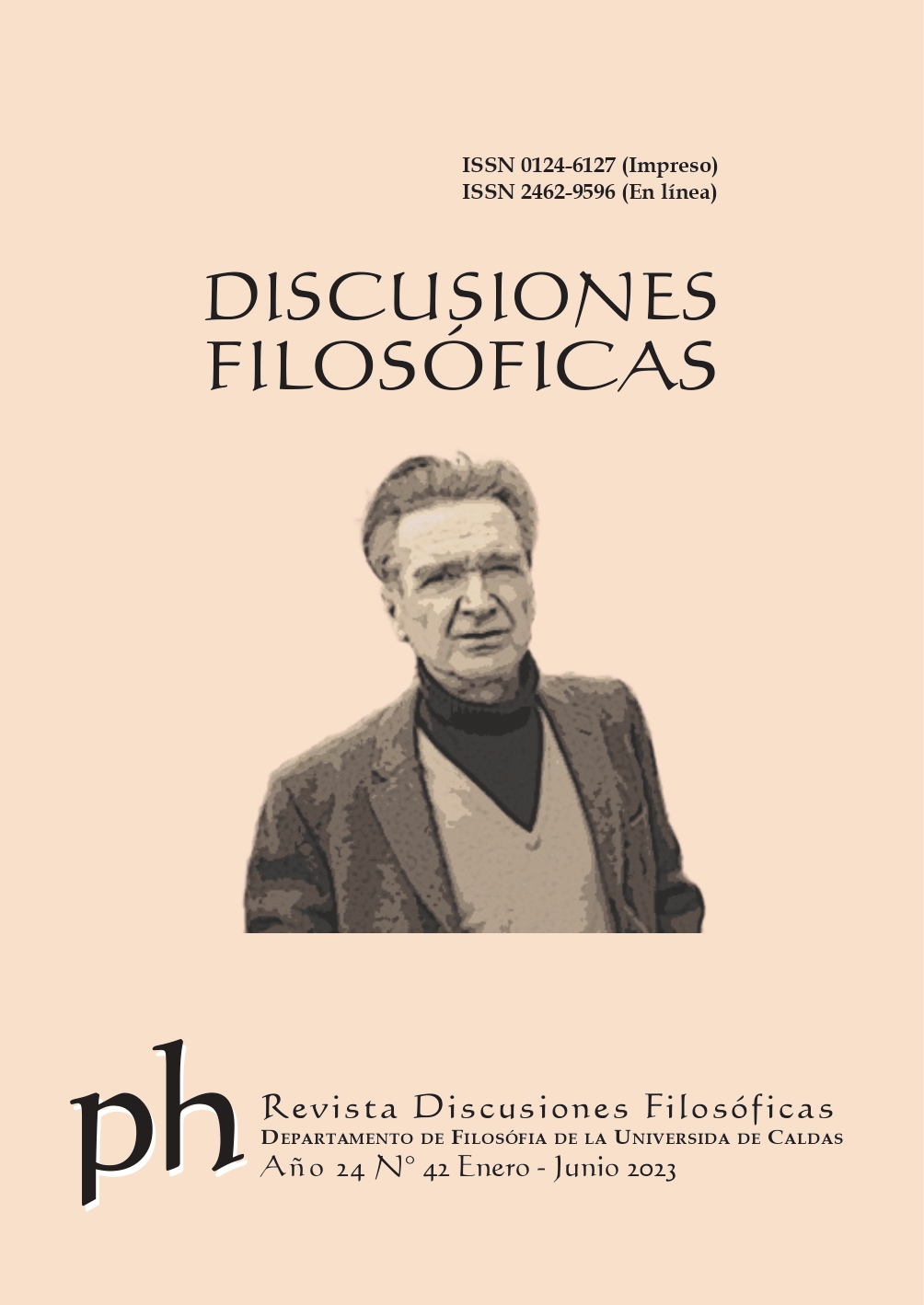Autores/as
Resumen
¿Debemos aprender del pasado en lo que respecta a los objetivos de la escolarización? Uno se ve obligado a posicionarse sobre la cuestión de los objetivos de la educación y sobre si la orientación de las prácticas educativas actuales debería basarse en los objetivos originales de la escolarización. Este artículo aborda los objetivos de la introducción de la escolarización obligatoria en dos contextos: Prusia y Estados Unidos. A continuación, compara estos contextos con los objetivos actuales de la escolarización tal y como los conciben los humanistas que se oponen críticamente a los enfoques educativos más recientes, así como a los clásicos. El artículo presenta las soluciones normativas de los autores humanistas, basadas sobre todo en el legado de
Nel Noddings, así como ejemplos y “antiejemplos” en un contexto histórico. En última instancia, el artículo reabre un debate descuidado pero necesario sobre los objetivos de la educación al llegar a conclusiones sobre qué tipo de inspiración puede extraerse de los objetivos históricos de la escolarización obligatoria.
Citas
Bingham, Charles, and Sidorkin, Alexander M., ed. No Education Without Relation. Bern: Peter Lang US, 2004.
Boli, John, Francisco O. Ramirez, and John W. Meyer. "Explaining the origins and expansion of mass education." Comparative education review 29, no. 2 (1985): 145–170.
Cormack, Phil. "Reading pedagogy, “Evidence” and education policy: learning from history?." The Australian Educational Researcher 38, no. 2 (2011): 133–148.
Davies, William. The happiness industry: How the government and big business sold us well-being. London: Verso Books, 2015.
Dewey, John. The School and Society. Chicago: The University of Chicago Press, 1900.
Doležalová, Jana. “Quality of life of pupils in didactic context.” In Kvalita života v kontextech vzdělávání, edited by Krzystof Urbanowski, et al., 176–192. Zielona Góra: Vydavatelství Zielonogórské univerzity, 2011. (in Czech).
Giroux, Henry A. On critical pedagogy. New York: The Continuum International Publishing Group, 2011.
Hadzigeorgiou, Yannis. Monograph on humanistic science education. Department of Curriculum and Instruction, University of Northern Iowa, 2005.
Haidt, Jonathan. The happiness hypothesis. Putting ancient wisdom and philosophy to the test of modern science. London: Arrow books, 2006.
Katz, Michael B. “The origins of public education: A reassessment.” History of Education Quarterly 16, no. 4 (1976): 381–407.
Loudová, Irena. “Quality of life as seen by pupils of the 2nd grade of primary school.” In Kvalita života v kontextech vzdělávání, edited by Krzystof Urbanowski, et al., 73–97. Zielona Góra: Vydavatelství Zielonogórské univerzity, 2011. (in Czech).
Marcuse, Herbert. “Progress and Freud’s theory of instincts. ” In Five lectures. Psychoanalysis, politics, and utopia, 28–43. Boston: Beacon Press, 1970.
Nicholas, C. Burbules. “Philosophy of education.” In International Handbook of Philosophy of Education, edited by Smeyers, Paul, 1417–1427, Springer International Publishing AG, 2018.
Noddings, Nel. “The aims of education.” In The curriculum studies reader, edited by David J. Flinders and Stephen J. Thornton, 331–344. New York: RoutledgeFalmer, 2004.
Noddings, Nel. “What does it mean to educate the whole child.” Educational leadership 63, no. 1 (2005b): 8–13.
Noddings, Nel. Happiness and education. Cambridge: Cambridge University Press, 2003.
Noddings, Nel. Philosophy of education. Boulder: Westview Press, 2012.
Noddings, Nel. The challenge to care in schools. New York: Teachers College Press, 2005a.
Nussbaum, Martha C. Cultivating humanity. A classical defense of reform in liberal education. Cambridge: Harvard University Press, 2003.
Olsson, Craig A., et al. “A 32-year longitudinal study of child and adolescent pathways to well-being in adulthood.” Journal of Happiness Studies 14, no. 3 (2013): 1069–1083.
Peters, Richard Stanley, ed. “What is an educational process?” In The concept of education, 1–16. New York: Routledge, 2010.
Peters, Richard Stanley. Ethics and education. London: Allen & Unwin, 1966.
Rothbard, Murray. “The „historical origins“ of compulsory schooling.” In The twelve-year sentence: Radical views of compulsory schooling, edited by William F. Rickenbacker, 5–27. San Francisco: Fox & Wilkes, 1947.
Shoshani, Anat., and Sarit Steinmetz. “Positive psychology at school based intervention to promote adolescents’ mental health and well being.” Journal of Happiness Studies, 15, no. 6 (2014): 1289–1311.
Soltis, Jonas F. “Foreword.” In The challenge to care in schools, edited by Nel Noddings, New York: Teachers College Press, 2005.
Spring, Joel H. “Sociological and political ruminations.” In The twelve year sentence: Radical views of compulsory schooling, edited by William F. Rickenbacker, 133–154. San Francisco: Fox & Wilkes, 1947.
Syamsul, MA'ARİF. "Education as a Foundation of Humanity: Learning from the Pedagogy of Pesantren in Indonesia." Journal of Social Studies Education Research 9, no. 2 (2018): 104–123.
Thornberg, Robert. “The moral construction of the good pupil embedded in school rules.” Education, Citizenship and Social Justice 4, no. 3 (2009): 245–261.
Van Horn Melton, James. Absolutism and the eighteenth-century origins of compulsory schooling in Prussia and Austria. Cambridge: Cambridge University Press, 1988.
Whitehead, Alfred North. The aims of education and other essays. New York: The Free Press, 1967.
Zelina, Miron. “Model of pupil's personality development in the educational process.” Pedagogická orientace 11, no. 4 (1994): 40–45. (in Slovak)

 PDF (English)
PDF (English)
 FLIP
FLIP

























